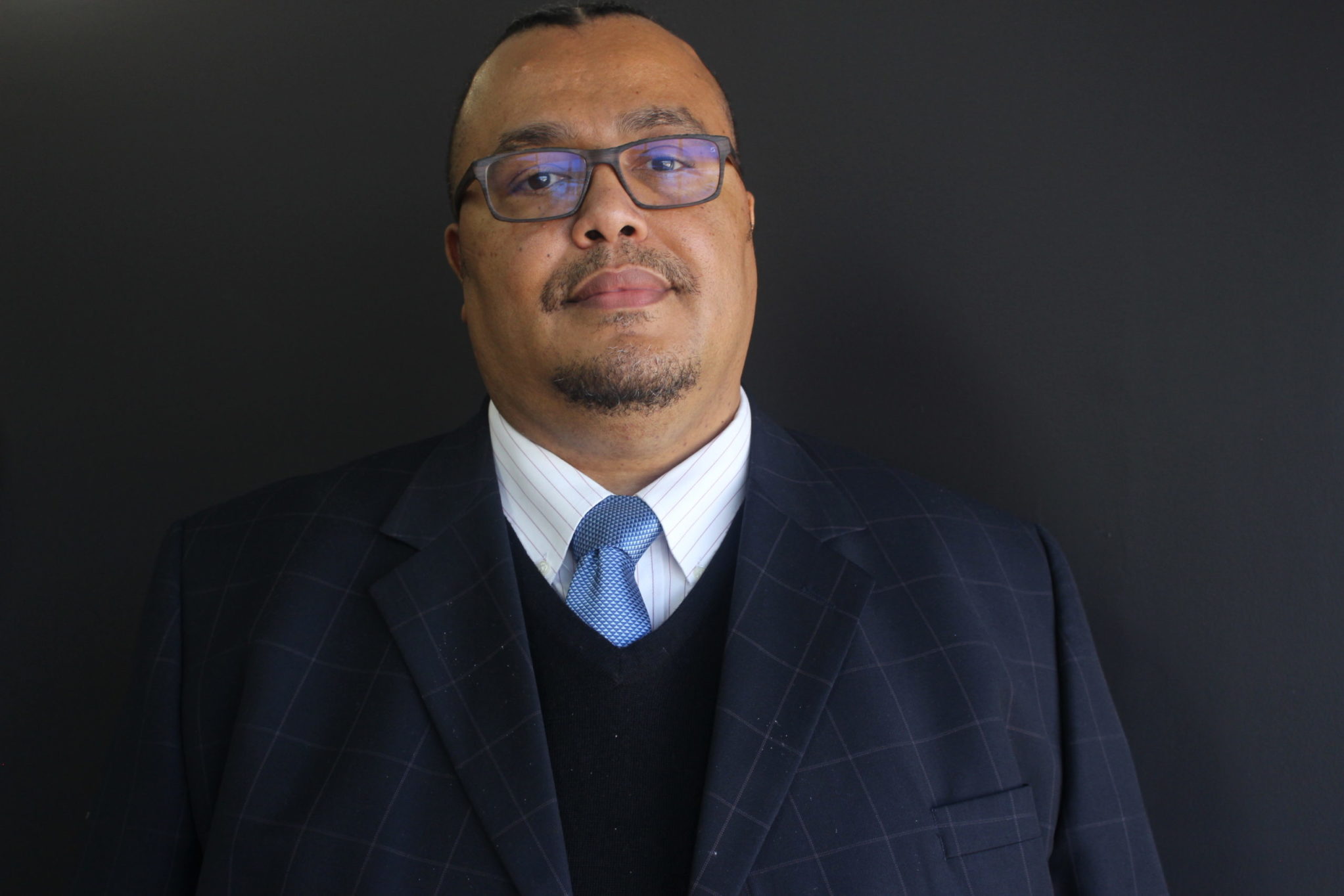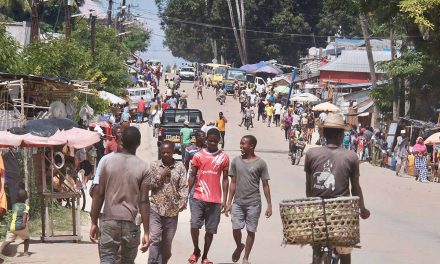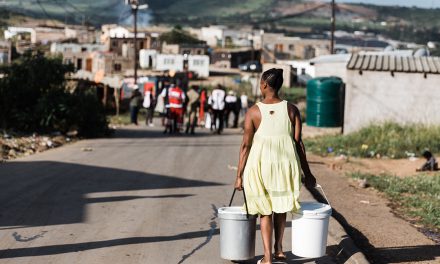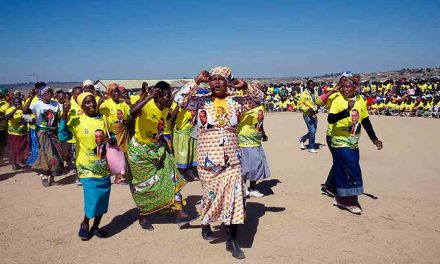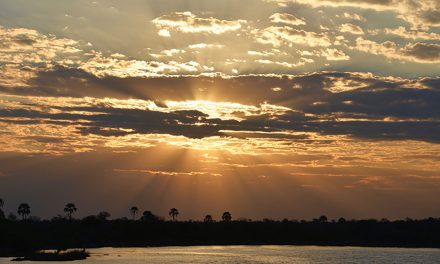Extraordinary SADC Summit of Heads of State and Government hits an odd note in the face of insecurity in northern Mozambique
According to the Southern African Development Community (SADC), the Summit of Heads of State and Government is the “supreme policy-making institution of SADC with the responsibility for the overall policy direction and control of functions of the community in accordance with Article 10 of the SADC Treaty”. For this reason, SADC Summits are important gathering forums for regional leaders to discuss and take decisions related to regional integration, and peace and security matters. SADC will hold an Extraordinary Summit of Heads of State and Government on 23 June 2021 in Maputo, Mozambique, to discuss issues of regional integration, cooperation and development.
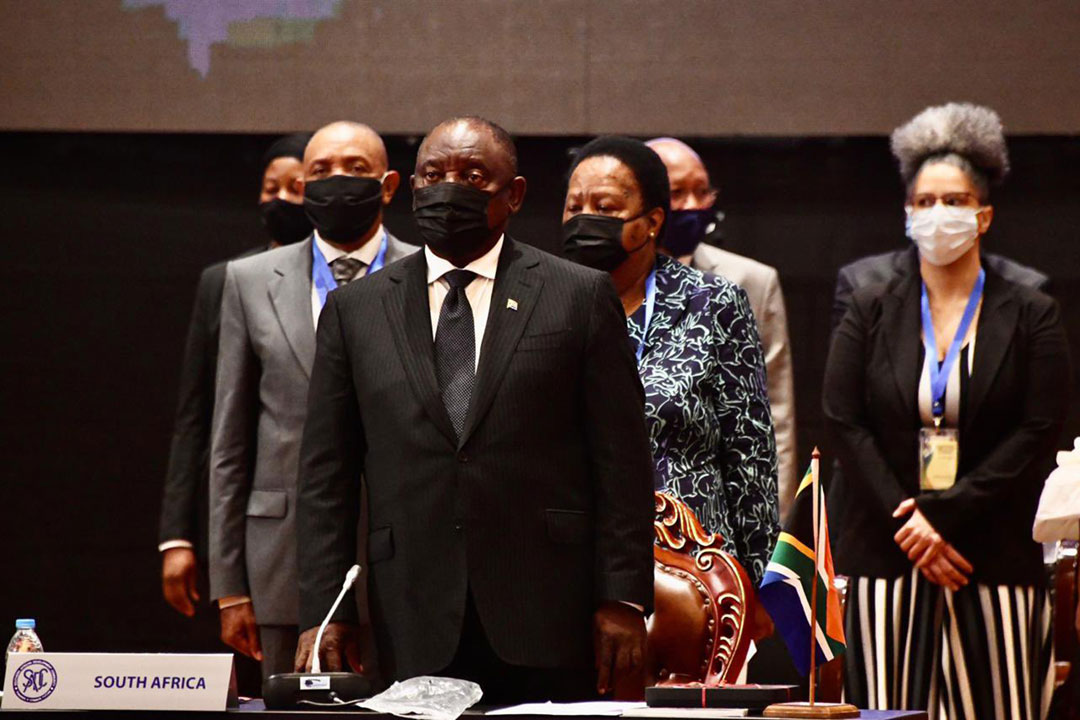
President Filipe Jacinto Nyusi of Mozambique will chair the Extraordinary Summit in his capacity as the current chairperson of SADC. On the Summit agenda, the following key issues will be discussed:
- The regional response and support to Mozambique in addressing terrorism, regional food and nutrition security, gender and development, and progress in the regional response to HIV and AIDS and COVID-19 pandemic.
- A review of the progress made in the implementation of the theme of the 40thSADC Summit: SADC: 40 Years Building Peace and Security, and Promoting Development and Resilience in the Face of Global Challenges, which was endorsed by the SADC Summit in August, 2020.
- Marking the regional commemoration of the 40thAnniversary of SADC with the launch of three publications by President Filipe Jacinto Nyusi of Mozambique, in his capacity as the Chairperson of SADC. The publications to be launched are: 40 Years of SADC: Enhancing Regional Cooperation and Integration; Volume 2 of Mozambique SADC Success Stories, and; the Hashim Mbita (Southern African Liberation Struggles).
On any other day or at any other time, an Extraordinary Summit of Heads of State and Government meeting to “review progress made in the implementation of the theme of the 40th SADC Summit” would not cause much anxiety or even keen media interest. However, these are not normal times, as northern Mozambique is in the throes of an insurgency and the world finds itself in a global health pandemic. One would reasonably assume these items would feature more prominently on the meeting’s agenda as the region seeks to develop and implement suitable regional responses.
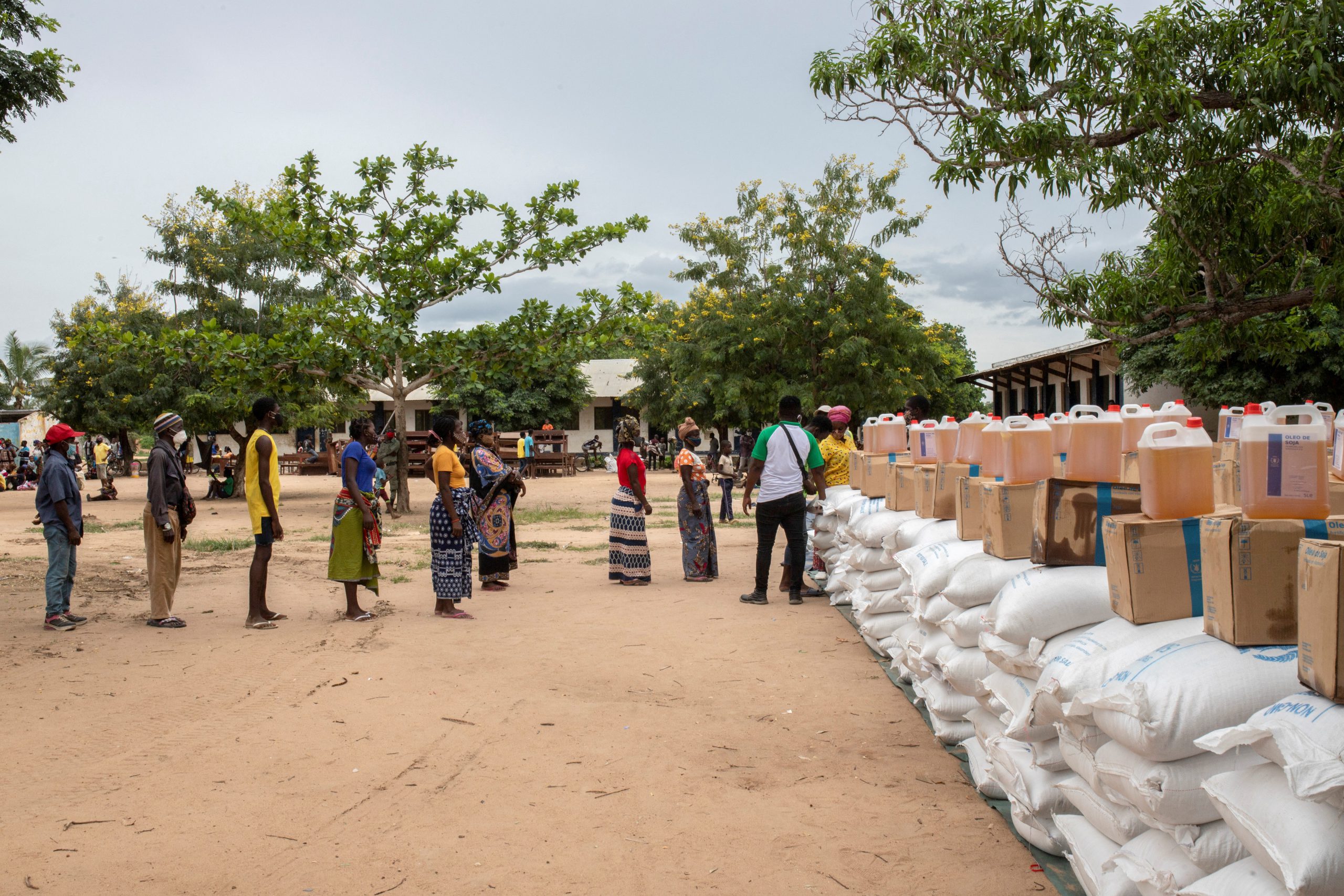
Internally displaced persons await in line during an United Nations World Food Program’s distribution at the “3 de fevereiro escola” school in Matuge district, northern Mozambique, on 24 February 2021. Food packages are distributed at the site for displaced families from Ibo, Mocimboa Da Praia and Macomia, places that have been attacked by armed insurgents in the last two years in the northern province of Cabo Delgado. Photo: Alfredo Zuniga/AFP
While it is important to review and celebrate SADC at 40, and given the current insecurity in northern Mozambique, the timing of this meeting, where SADC’s regional efforts will be reviewed and celebrated, may be a bit off. To date, there has been no clear regional response strategy to combat the insurgency, or at least one that has been publicly shared. All information that was publicly shared regarding developments on this matter was found in the last Communiqué of the SADC Double Troika Summit of Heads of State and Government, held in Maputo on 27 May 2021. But, as has been discussed previously, a communique’s value is that it only allows a peek into a “closed door” SADC meeting. By design, none of the decisions taken in the meeting are revealed in great detail in the communique. However, it presents the reader with an opportunity to be better informed about certain discussions around certain decisions. If we look at the previous communique, it stated:
- Summit received a report of the Chairperson of the Organ on the security situation in Cabo Delgado Province, northern part of Mozambique, and reaffirmed its solidarity with the Government and people of the Republic of Mozambique, and its continued efforts in addressing terrorism and ensuring lasting peace and security in Mozambique, which is also a threat to the SADC Region.
5.Summit noted the progress in finding a lasting solution to terrorism and acts of violent extremism in Cabo Delgado Province, and considered the proposed regional response in support of the Republic of Mozambique.
- Summit agreed to convene an extra-ordinary Summit by 20 June 2021 to be held in the Republic of Mozambique.

Mozambique’s President Filipe Jacinto Nyusi. Photo: Siphiwe Sibeko/AFP
When analysing the items above, it is fairly clear a discussion on northern Mozambique was indeed held, and there was a general agreement that the region stands in solidarity with Mozambique. Lasting solutions were sought, and a regional response was considered. What this regional response consists of has not been publicly shared. Instead, various political and media analysts have posited several theories related to current developments and offered potential solutions to the insecurity, namely:
- Nyusi showing a preference to choose his response partners as opposed agreeing to an automatic SADC regional response
- Different member states holding different positions towards a SADC regional response
- Some member states expressing a readiness to deploy their troops, while others show more reluctance to deploy troops
- The imminent 3000 strong SADC troop deployment
- SADC leaders expressing their disapproval to Rwandan troops being deployed in Cabo Delgado
- Nyusi searching for militarily and logistical support beyond the SADC region
While the northern Mozambique insurgency will be an agenda point, there is a fear that its importance may get lost in the bigger meeting agenda, and that no implementable decisions regarding the insecurity will be taken due to time constraints, and possibly the celebratory mood of the occasion itself. This may result in the calling of another Extraordinary Double Troika meeting to again discuss the insurgency, and plan a roadmap going forward. All this does is waste time, and strengthens the insurgents’ belief that the perceived SADC inaction indicates weakness.
When reading item 6 above, there was some hope that a meeting would be held to finalise the implementation of a regional response plan. However, this was not to be, as Nyusi stated in his closing remarks during the May summit:
Dear colleagues and brothers, I wish you a safe journey back to your respective countries, looking forward to seeing you in Maputo soon joined by other Colleagues (own emphasis) for the Extraordinary SADC Summit that will consider the traditional agenda (own emphasis) so that we do not lose focus on the mission assigned to our organisation.
This could be interpreted as an indication that he wants SADC’s focus, and the focus of other Double Troika members, to move on from the insecurity issue in northern Mozambique back to the traditional agenda. The nature of this traditional (SADC) meeting agenda, and the inclusion of other colleagues (10 other member states), may simply end up being an agenda item which may not be prioritised or raised to the necessary prominent status.
In short, because of the limited information shared in a communique, analysts are left to speculate, rather than being able to base their opinions on actual facts. This may result in a number of unwarranted conclusions that create a negative impression of the Summit, with a perceived lack of action on serious matters, despite important decisions being taken. This may in turn serve to further widen the gap between SADC itself and the citizenry of member states. The trust and respect for the organisation and the ability of the regional leadership will continue to wane, to the detriment of all and any well-intended regional processes.

